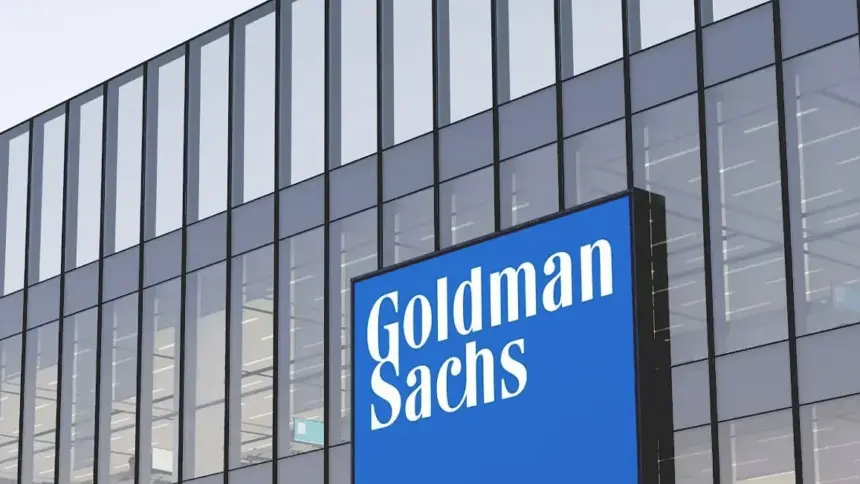President Donald Trump’s immigration policies are anticipated to exert a somewhat adverse influence on the economic and labor force growth of the United States, with a relatively minor effect on inflation, as indicated by economists at Goldman Sachs Group Inc.
The analysts project that net immigration to the United States will decline to 750,000 annually, resulting in a reduction of 30-40 basis points (0.3-0.4 percentage points) in potential gross domestic product growth for this year, based on the baseline scenario outlined in a research note released on Monday. In the previous year, the Census Bureau reported that 2.8 million individuals immigrated to the United States.
Additionally, the composition of migrants is expected to shift, with Goldman Sachs forecasting zero net unauthorized immigrants, as the annual deportation of half a million individuals is expected to counterbalance the estimated influx of asylum seekers and other entrants.
Trump has initiated the enforcement of his immigration policies, increasing the detention and deportation of migrants. He has also arranged flights to repatriate undocumented individuals to their home countries, including Colombia and India.
Analysts, led by Jan Hatzius, caution that if the crackdown results in unauthorized immigrants feeling unsafe to work or employers hesitating to hire them, the economic repercussions could be significant. However, they anticipate that the overall effects on inflation will remain limited.
Unauthorized immigrants constitute approximately 5% of the total workforce, with their representation rising to one-fifth in specific sectors such as landscaping and building services, according to Goldman Sachs.
The sudden loss of these workers could severely disrupt many industries and potentially lead to a more pronounced impact on inflation, the analysts noted.
Immigration has significantly contributed to the remarkable expansion of the US labor market, with over five million foreign workers entering the labor force in the last five years, thereby enhancing payroll figures. Nevertheless, Goldman predicts that this influence will diminish in the future.






